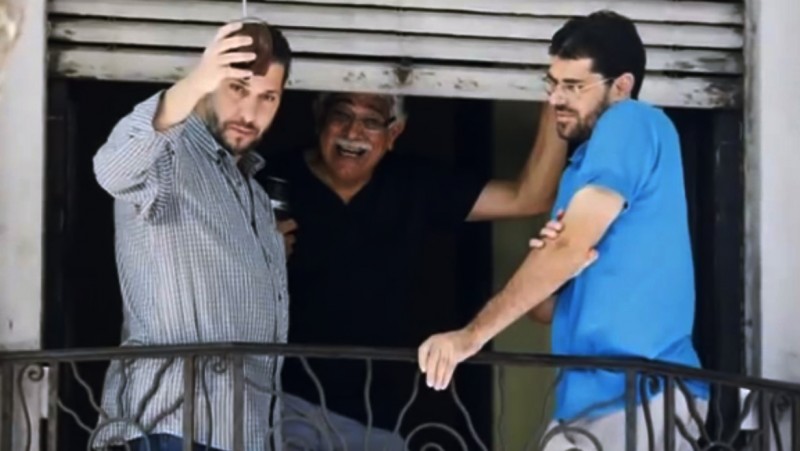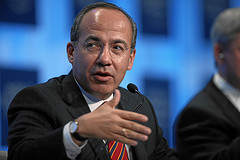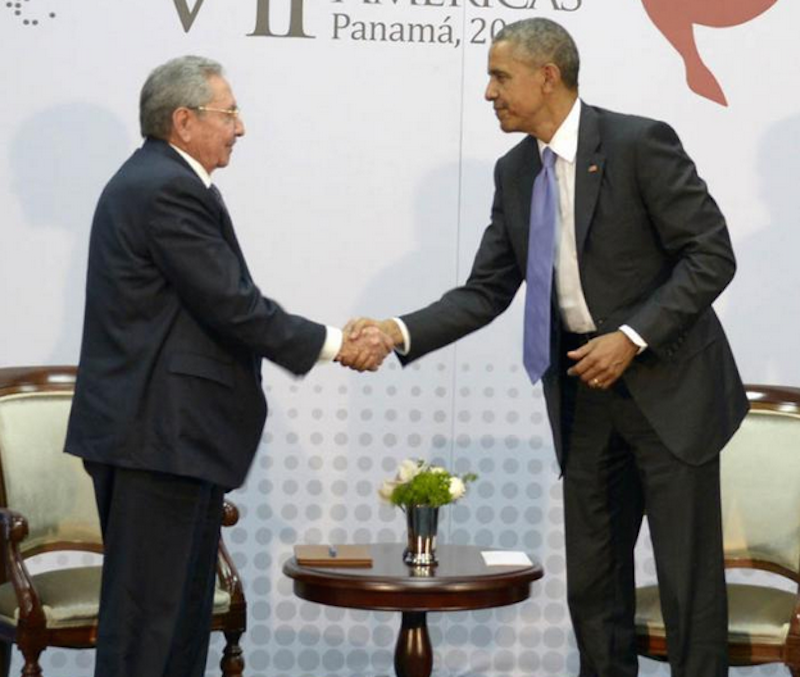
Latin America: Week in Review, Southern Cone, Uruguay
Uruguayan Foreign Minister Criticizes Decision to Take In Ex-Guantánamo Detainees
May 14, 2015 By Staff
Top Story — Uruguay’s new government appears to be distancing itself from its predecessor’s decision to accept six former inmates from the United States’ detention center at Guantánamo Bay, Cuba, into the country in 2014.
Speaking to a local radio station on Wednesday, Foreign Minister Rodolfo Nin Novoa said, “It was a decision that in all sincerity was not properly foreseen and not properly carried out.”
In addition to the six former Guantánamo detainees, 42 Syrian refugees were welcomed to Uruguay in October by the government of former President José Mujica, who left office in March. Mujica’s successor, current President Tabaré Vásquez, suspended the planned arrival of more Syrian refugees in early 2015, stating that the program required “profound analysis.” With regards to the six former Guantánamo detainees since settled in Uruguay, Vásquez told local media that, “Uruguay gave them asylum, but the U.S. government should provide all the necessary means so that those citizens of other countries can have a dignified life in our country.”
The ex-Guantanamo detainees have struggled to adapt to Uruguayan society. On April 23, four of them launched a protest outside the U.S. Embassy in Montevideo, demanding compensation for their nearly 13-year detention.
Headlines from the Western Hemisphere
North America
- A recently declassified U.S. military report put together after the disappearance of 43 teacher-trainee students in Guerrero, Mexico, and following the discovery of several mass graves around the area in which the students disappeared, raised grave concerns over the “widespread nature of cartel violence in the region and the level of government complicity,” according to The Los Angeles Times.
- Guerrero’s former education secretary and current Congressional seat candidate Silvia Romero was kidnapped along with her bodyguard and an advisor by an armed group on Tuesday while traveling from the city of Iguala — where the 43 students disappeared from in September — to Arcelia.
Caribbean
- A Haitian election committee has ruled that first lady Sophia Martelly is ineligible to run for senate, citing, among other reasons, her joint U.S. citizenship, even though she renounced it last year.
- Puerto Rican authorities on Wednesday implemented strict water rationing measures, which will restrict access to water to every other day for over 160,000 people.
Central America
- Towns in northwest Nicaragua are dealing with falling ash and concerns about further volcanic activity after the Telica volcano began erupting on May 7.
- The Ecuadorian government is reportedly in talks with Mexico to set up a DNA database to help identify Ecuadorians among the bodies of migrants who perish while attempting to cross into the United States from Mexico.
Andes
- Seven Peruvian officers were injured in clashes on Tuesday with demonstrators over the controversial Tía María mine, according to Peru’s top police official.
- Timoleón Jimenéz, the leader of Colombia’s FARC posted a message on the group’s website Wednesday urging the government to bring the smaller ELN guerrilla into the ongoing peace process, after FARC and ELN leaders reportedly met last month to discuss joint talks.
- A top Colombian official involved in the talks said in an interview released Wednesday that one of the FARC’s leaders, the so-called Simón Trinidad, should be involved in the negotiations, even though he is serving a prison sentence.
- Colombian rescuers are searching for 15 gold miners who are feared dead after a mine shaft collapsed in the department of Caldas, highlighting the risks of a trade that is nonetheless the only viable source of income for many.
Southern Cone
- Brazil’s lower congress on Wednesday approved a bill aimed at tightening regulation of pension access, in a bid to reduce the country’s fiscal deficit — one week after the Chamber of Deputies passed a bill to make access to unemployment benefits more strict.
- An elderly judge in Argentina who, at 97 years old, is the country’s oldest Supreme Court member, is being backed by his fellow justices as the government attempts to remove him from his post due to concerns about his physical and mental capabilities.





